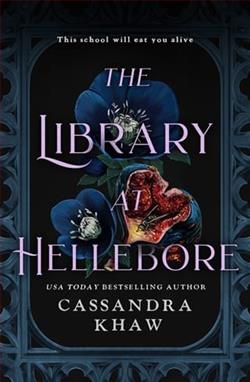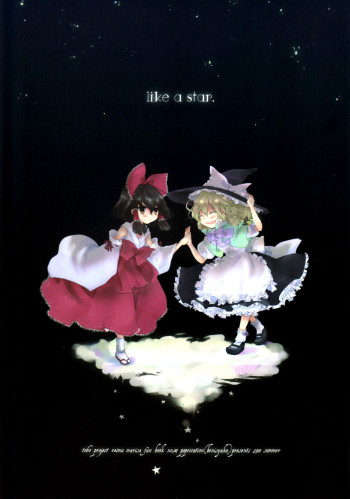Martial Peak Reviews
Cassandra Khaw's The Library at Hellebore is a thrilling and imaginative exploration of power, identity, and survival. Set against the backdrop of the Hellebore Technical Institute for the Gifted, this novel delves into the lives of young individuals who possess extraordinary and often dangerous abilities. The narrative is a compelling blend of dark fantasy and horror, with a touch of coming-of-age elements that make it both engaging and thought-provoking.
The premise of the book is immediately captivating. The Hellebore Institute is not your typical school; it is a sanctuary for those who are considered too dangerous for the outside world. The promise of redemption and acceptance is a tantalizing lure for the students, who are often ostracized due to their powers. However, the sinister twist that the faculty intends to feast on the students during graduation adds a layer of tension and urgency to the story.
At the heart of the novel is Alessa Li, a character who embodies the struggle between embracing one's identity and the desire for normalcy. Her journey from a kidnapped student to a leader among her peers is both inspiring and relatable. Khaw does an excellent job of developing Alessa's character, allowing readers to witness her growth and resilience in the face of overwhelming odds. Her internal conflict and determination to survive make her a compelling protagonist.
The supporting characters are equally well-crafted, each bringing their own unique perspectives and abilities to the table. The dynamic between the students is a highlight of the book, as they are forced to work together despite their differences. This theme of unity and cooperation is a powerful message, especially in a world where division and conflict are prevalent. Khaw skillfully portrays the complexities of these relationships, capturing the tension, camaraderie, and occasional betrayal that arise when individuals with such diverse backgrounds are thrown together.
The setting of the Hellebore Institute is richly detailed, with the library serving as a central and symbolic location. The library is not just a place of knowledge but also a labyrinthine refuge where the students must confront their fears and insecurities. Khaw's vivid descriptions bring the library to life, making it a character in its own right. The atmosphere is both oppressive and enchanting, reflecting the dual nature of the institute as a place of both learning and danger.
In terms of themes, The Library at Hellebore explores the concept of power and its consequences. The students' abilities are both a gift and a curse, and Khaw delves into the moral and ethical dilemmas that arise from wielding such power. The novel raises important questions about identity, acceptance, and the price of survival. It challenges readers to consider what it means to be a monster and whether redemption is truly possible.
Comparatively, Khaw's work can be likened to other dark fantasy novels such as Lev Grossman's The Magicians or Neil Gaiman's Neverwhere. Like Grossman, Khaw explores the darker aspects of magical education and the personal struggles of her characters. However, Khaw's narrative is more focused on the horror elements, creating a sense of impending doom that is reminiscent of Gaiman's work. The blend of fantasy and horror is executed with precision, making The Library at Hellebore a standout in its genre.
The pacing of the novel is well-balanced, with moments of intense action interspersed with quieter, introspective scenes. Khaw's prose is both lyrical and sharp, capturing the beauty and brutality of the world she has created. The dialogue is natural and often laced with wit, providing moments of levity amidst the tension.
Overall, The Library at Hellebore is a masterful tale that combines elements of fantasy, horror, and coming-of-age. Cassandra Khaw has crafted a story that is both entertaining and thought-provoking, with characters that resonate long after the final page is turned. The novel's exploration of power, identity, and survival is both timely and timeless, making it a must-read for fans of dark fantasy and horror.
In conclusion, Khaw's novel is a testament to the power of storytelling, offering readers a thrilling and immersive experience. The Library at Hellebore is a book that challenges, entertains, and ultimately leaves a lasting impact. It is a reminder of the strength found in unity and the importance of embracing one's true self, even in the face of unimaginable odds.






![Water Flower Viewing? [ENGLISH]](/upload/pic/manga/water-flower-viewing--english-.jpg)
![The Player Who Can't Level Up [Official]](/upload/pic/manga/the-player-who-cant-level-up--official-.jpg)
















Reviews 0
Post a Reviews: